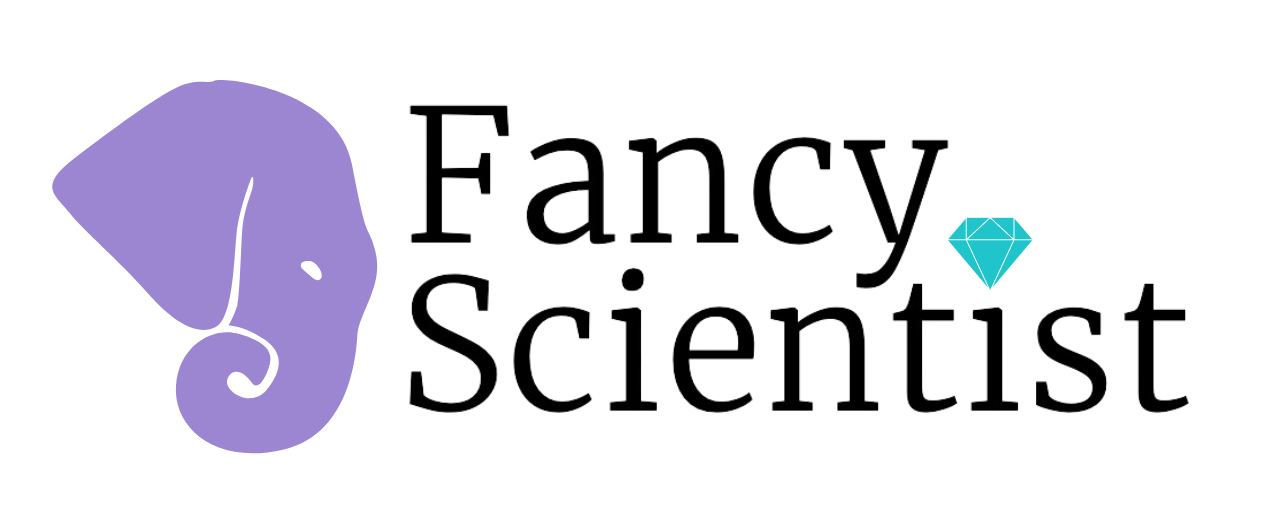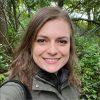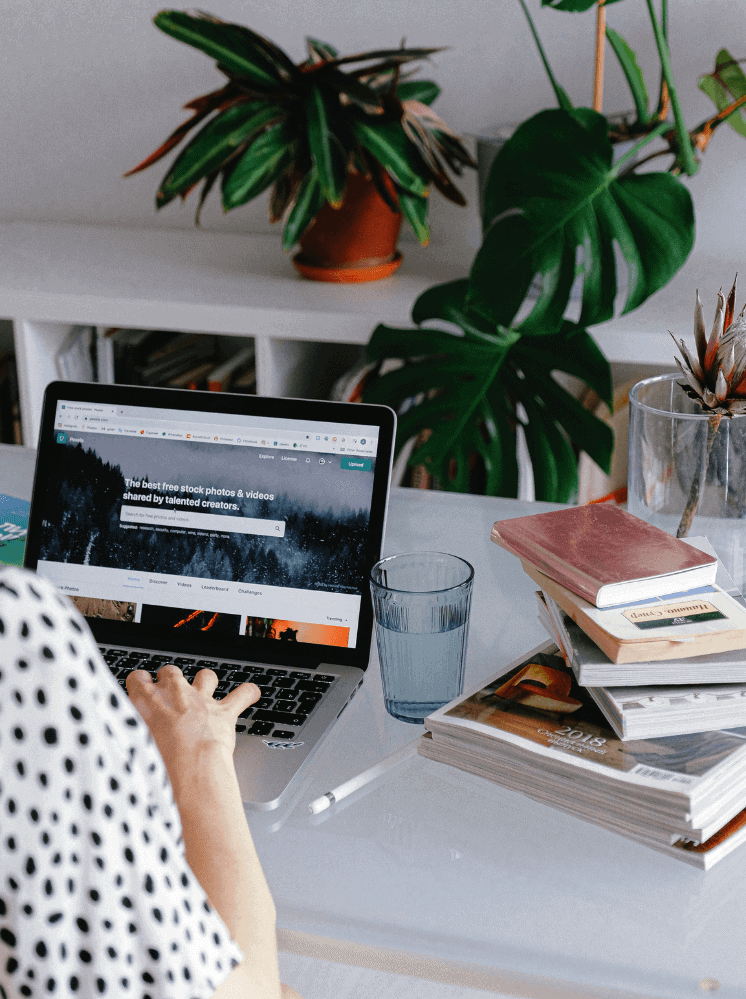*This post contains affiliate links. As an Amazon Associate, I earn from qualifying purchases. Read my Affiliate Links Disclaimer. Always buy small and local first if you can!
A big lesson that I learned from studying abroad in Kenya is that the key to understanding a place’s wildlife and conservation issues is to connect with the people living there. When my travels led me to Brazil, I knew I had to seize the opportunity to learn about its unique conservation challenges and the incredible research being done there through the passionate scientists who are working on the ground.
Powered by RedCircle
Our guest on this week’s Fancy Scientist podcast, Dr. Fernanda Teixeira, is not only a biologist but action-oriented in the world of conservation. She’s a road ecologist, urban ecology enthusiast, and a champion of community-driven conservation initiatives. What sets Fernanda apart is her ability to transform research into action, creating tangible results that benefit both wildlife and the communities that share their space.
We know that animals get killed by cars on roads, and here in the US we often think about super abundant species like white-tailed deer being the most affected. But there are so many species impacted by road mortality, including lots we don’t think of like salamanders, lizards, turtles, and snakes, and in Brazil it can be animals like monkeys and even jaguars.
We discussed her groundbreaking work in establishing canopy bridges, some of the first ever designed in the world, to facilitate wildlife movement across roads and reduce mortality. Fernanda also shared insights into her collaboration with government agencies to create effective conservation action plans that truly make a difference. Her passion for preserving Brazil’s incredible biodiversity is palpable, and I can’t wait for you to hear our conversation!
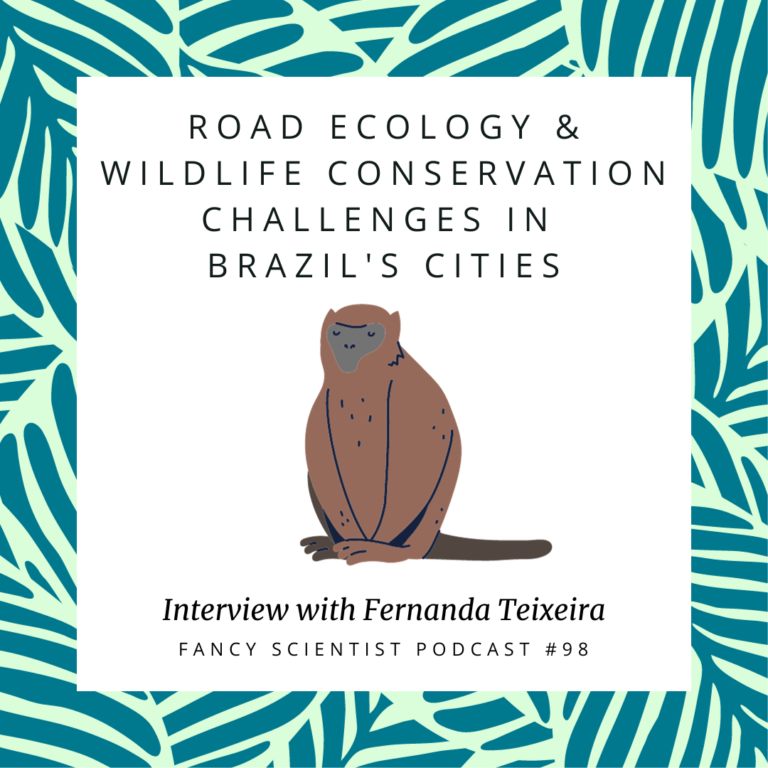
As you listen to Dr. Fernanda Teixeira speak, think about how you can contribute to conservation efforts in your own way. It could be as simple as supporting organizations working on the ground to reduce road mortality in your area, attending local meetings on city planning, or raising awareness about the importance of slowing down and being more watchful in areas with lots of wildlife and/or sensitive species. Remember, small actions can lead to significant change, and together, we can make a difference.
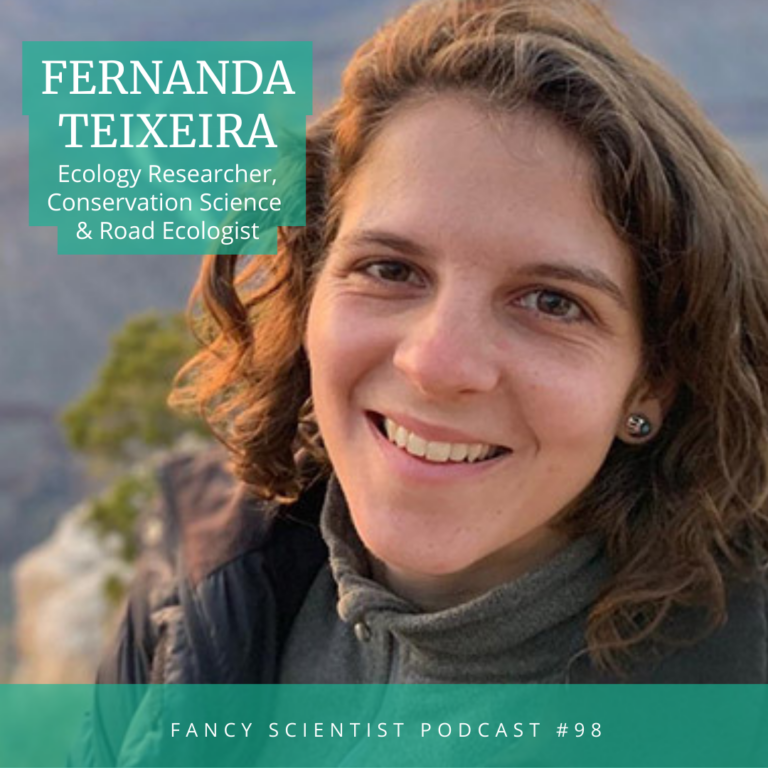
Specifically, we discussed:
- Fernanda’s insightful work in urban environments and how it intersects with conservation efforts
- Studying howler monkeys and the vital role these primates play in their ecosystems
Involving local communities in conservation initiatives and the positive impact it has on both people and wildlife - Creating effective action plans for the preservation of nature
- How to go about establishing canopy bridges and new conservation initiatives
- The significance of applied conservation research and its real-world implications for saving species and ecosystems
- How to go about a career in conservation
- And MORE!!
Resources and Sources in Road Ecology and Wildlife Conservation Challenges in Brazil's Cities
Love this post? Share it with friends!
